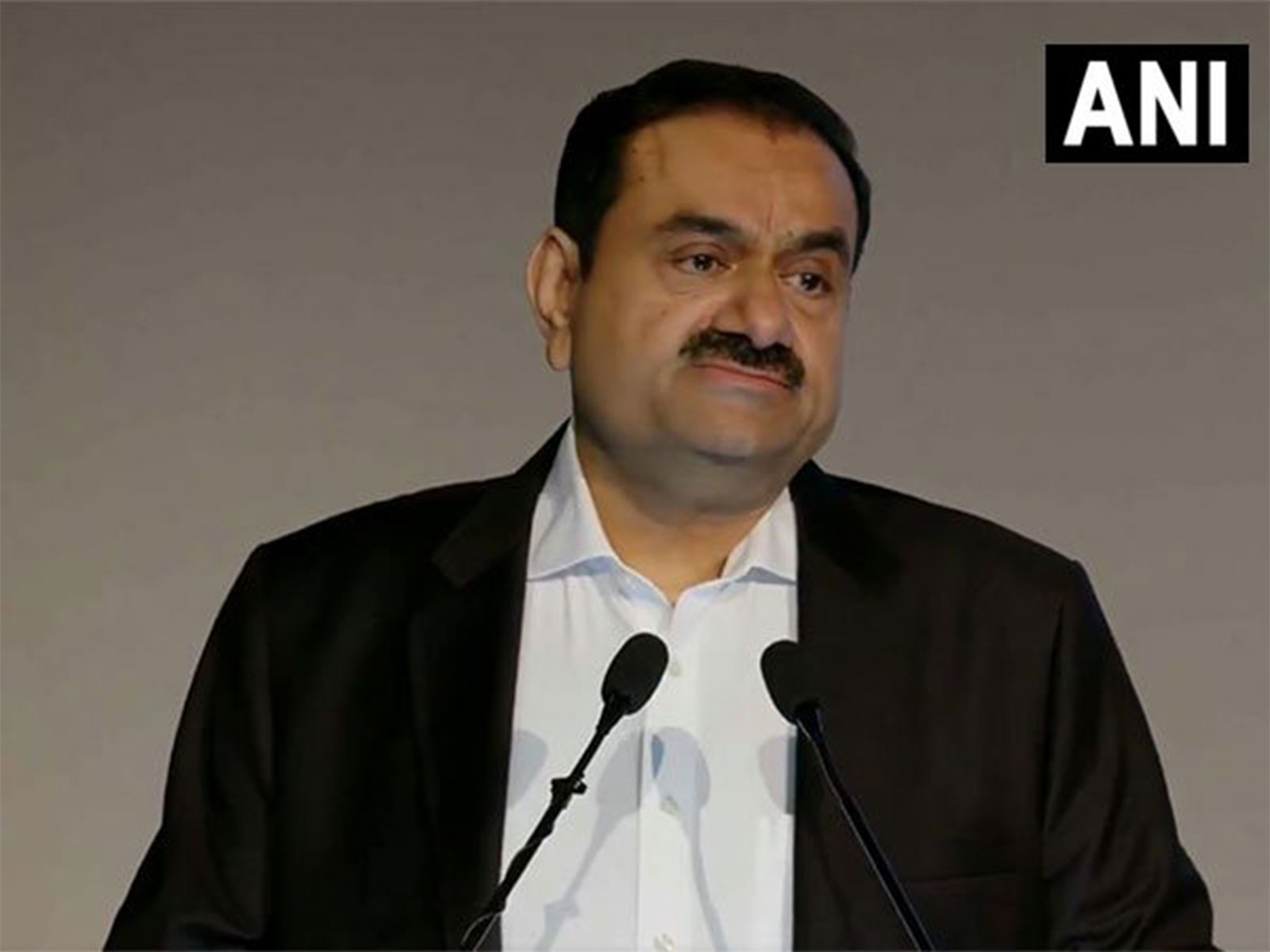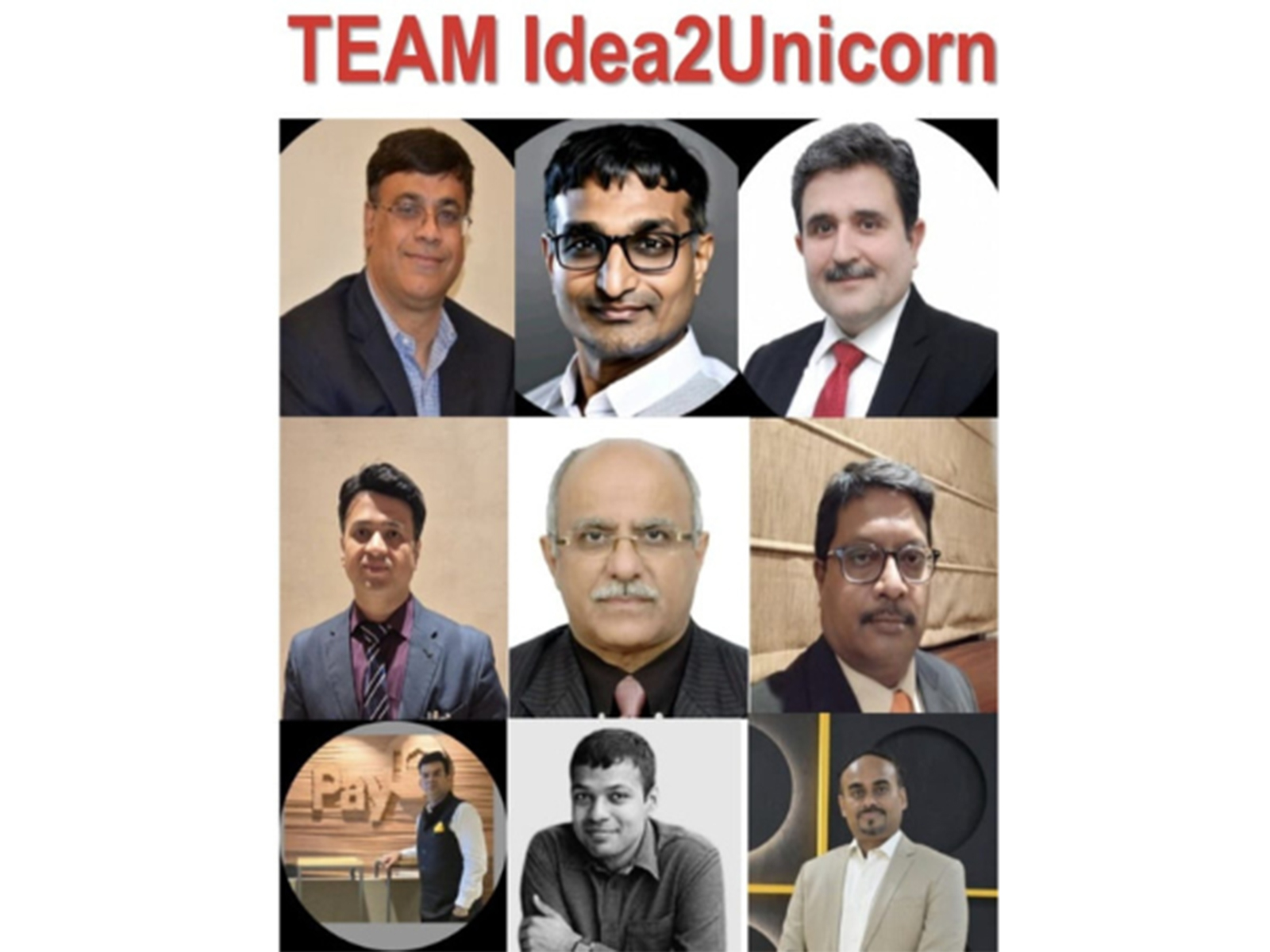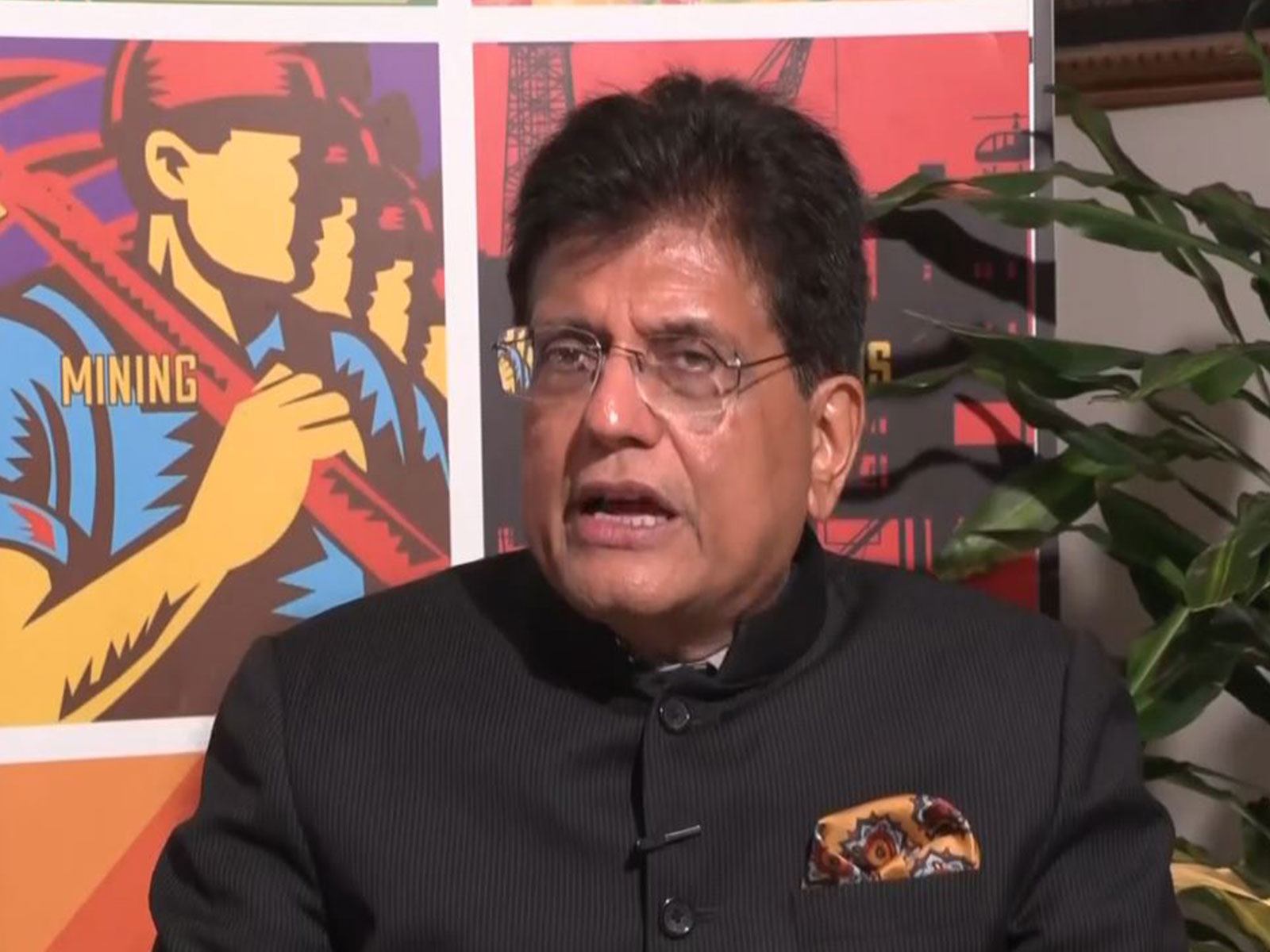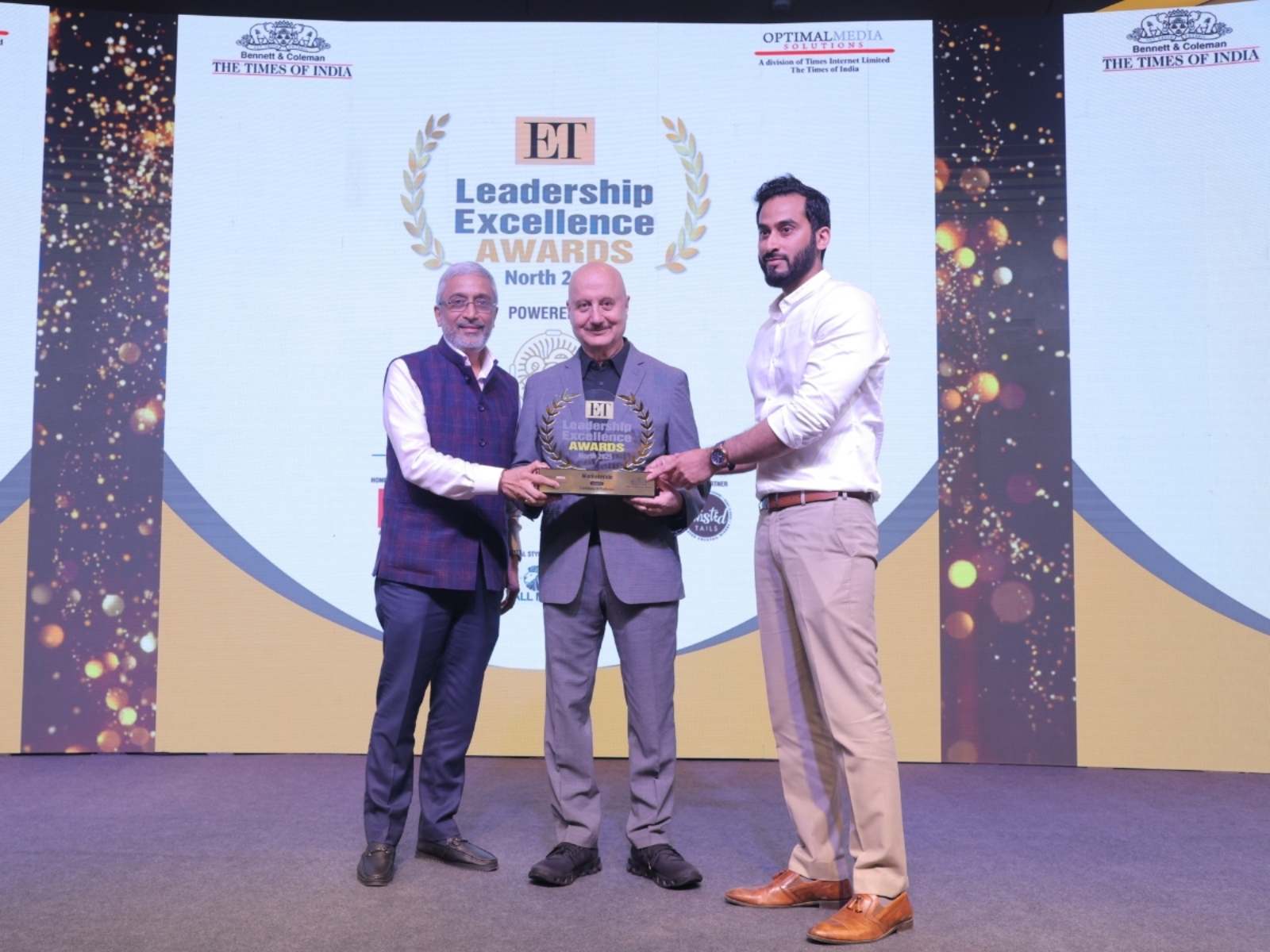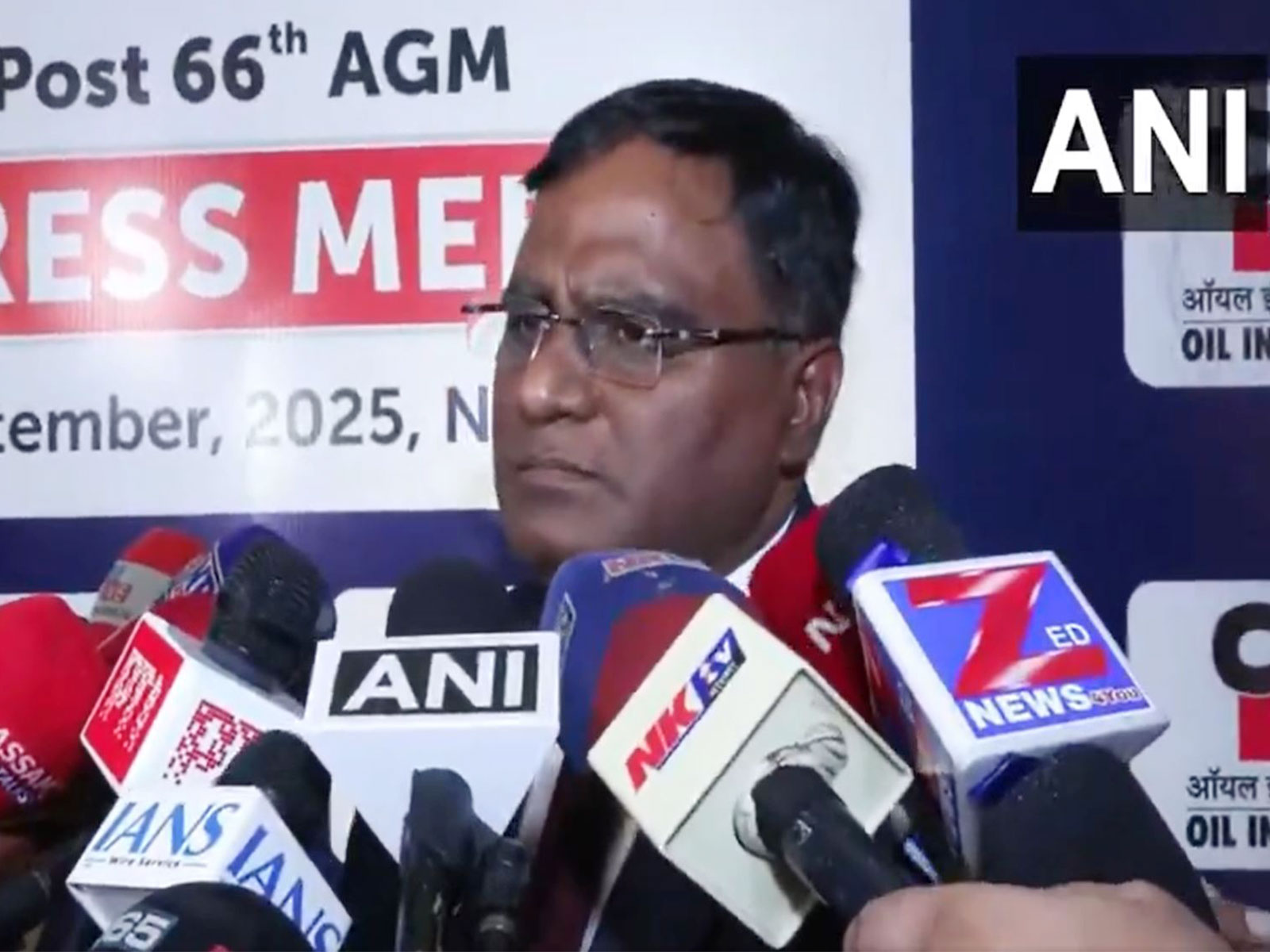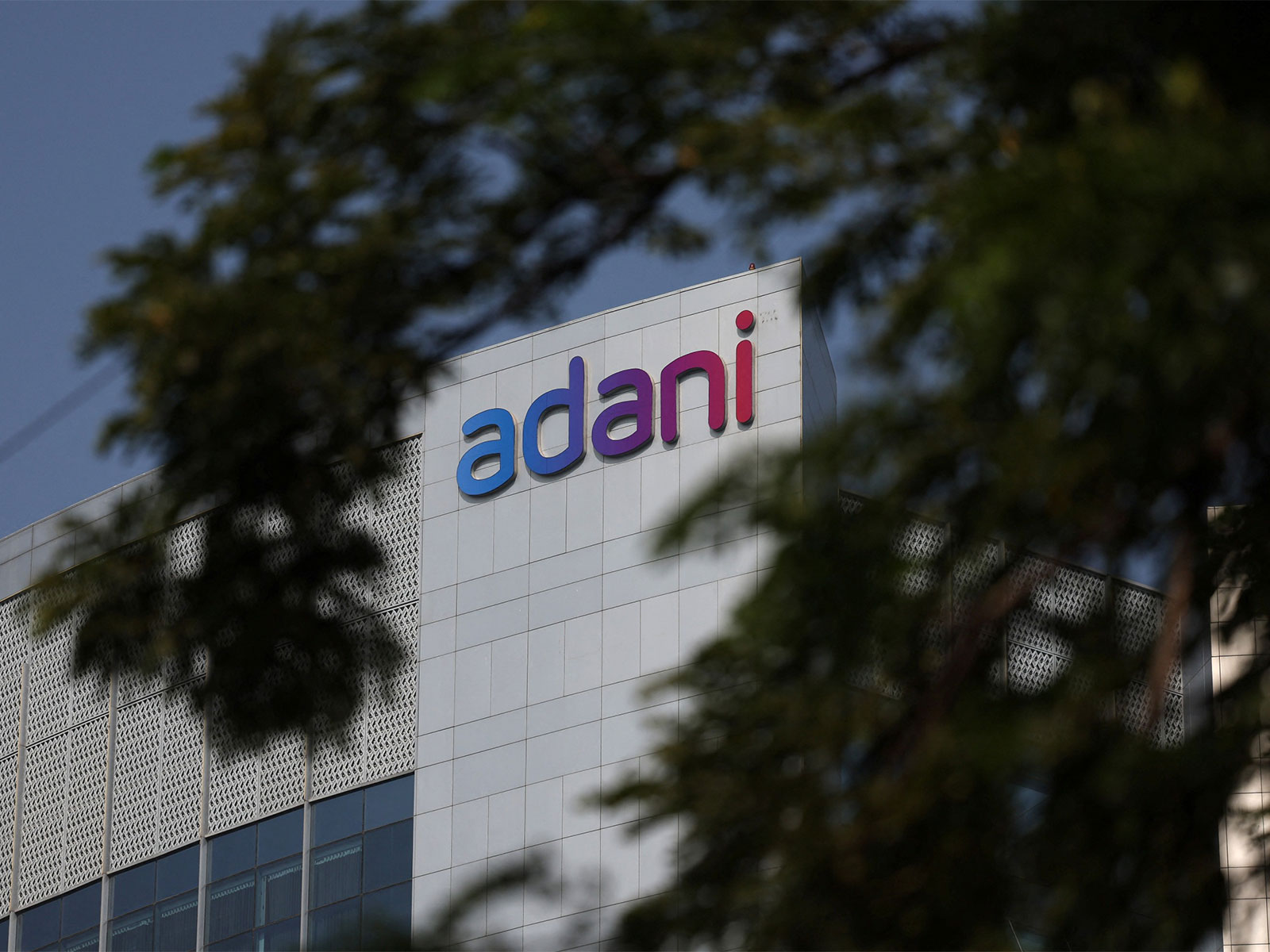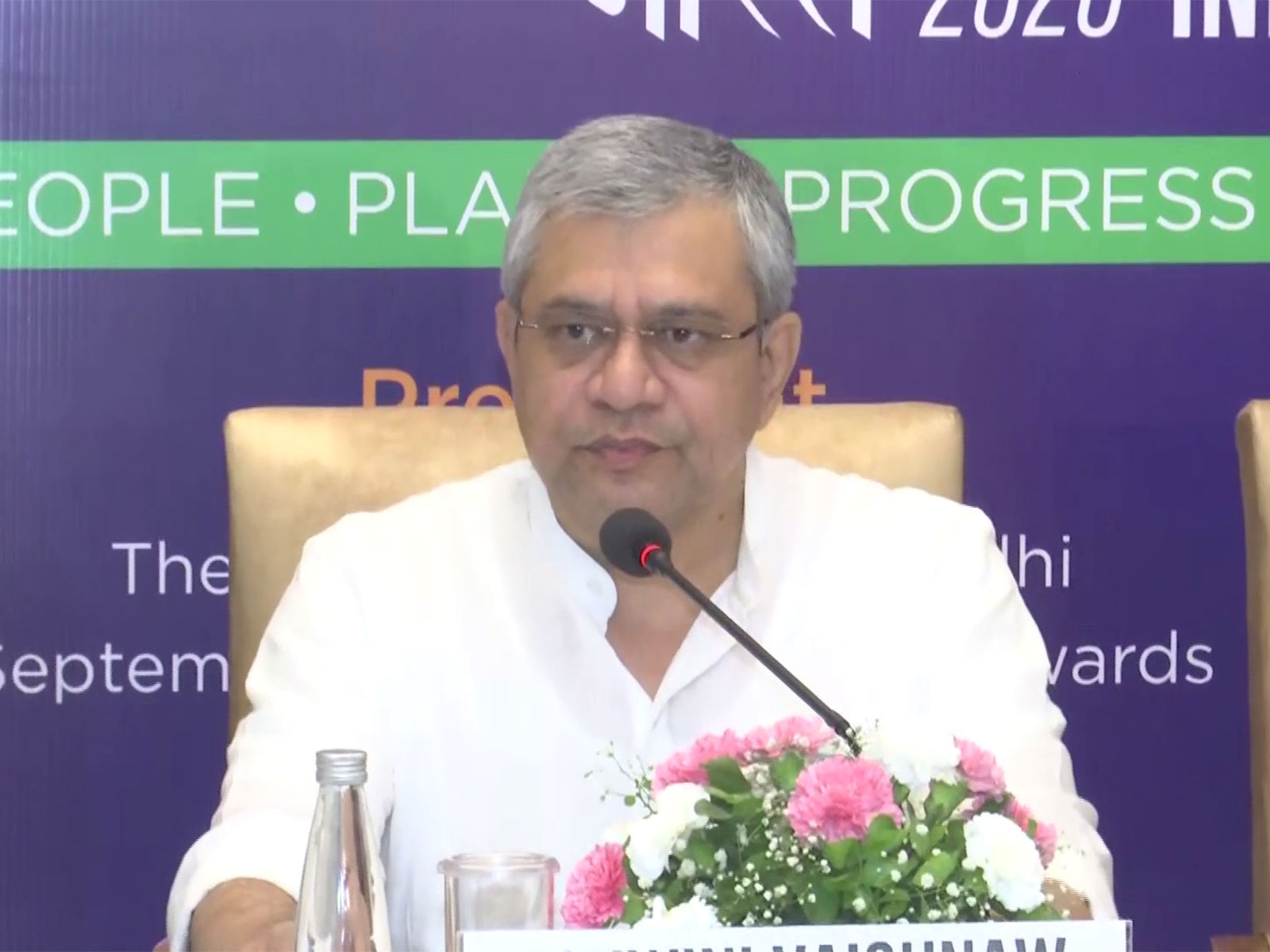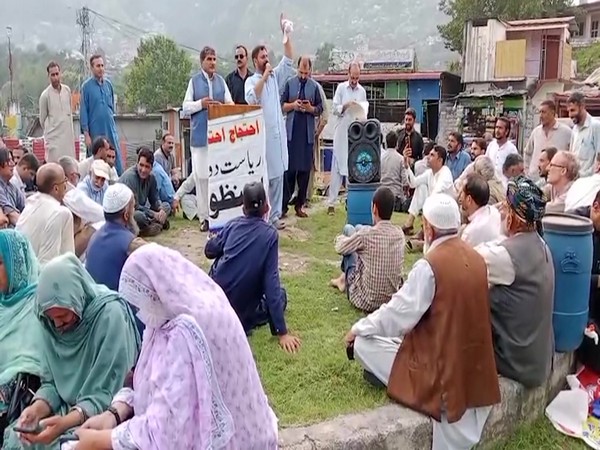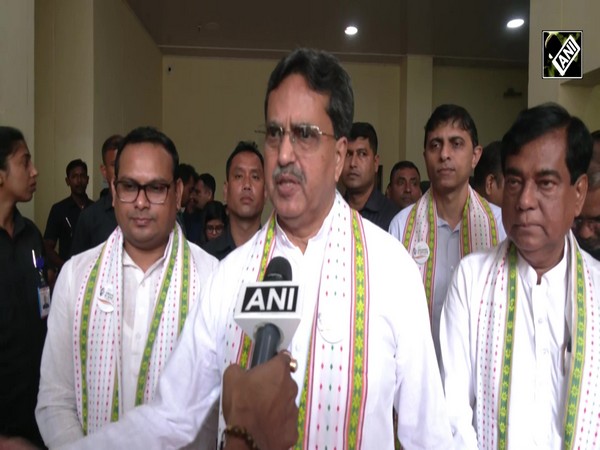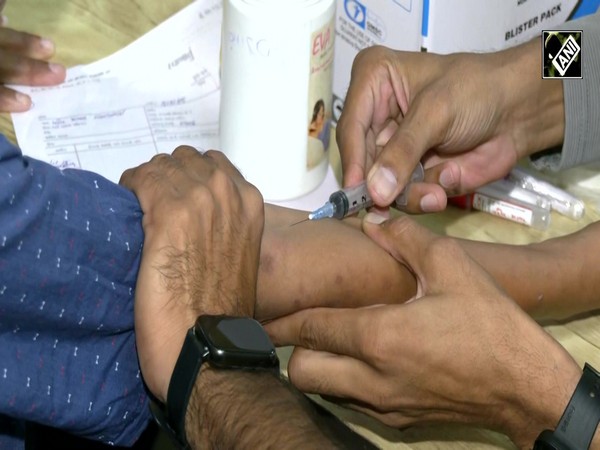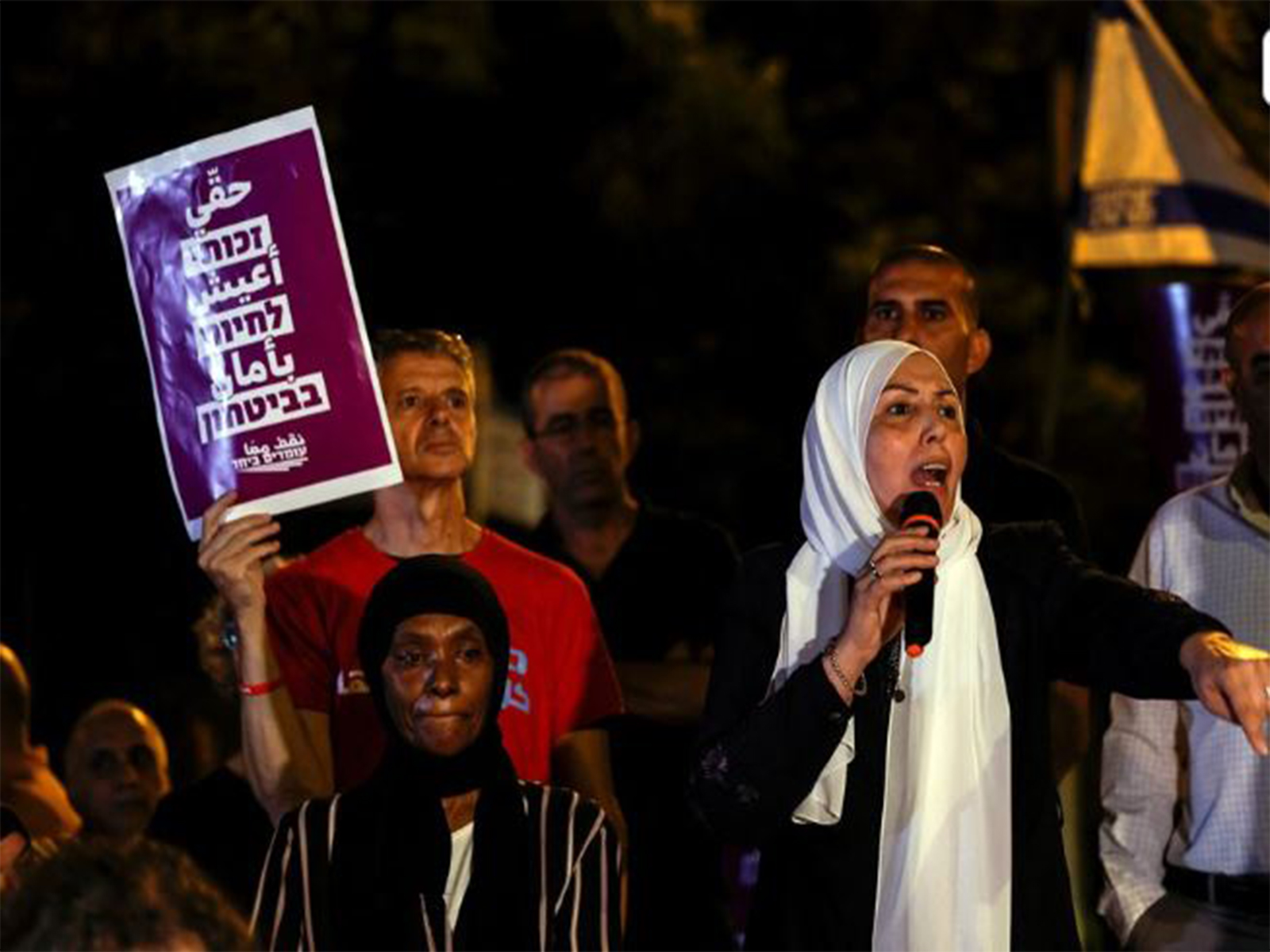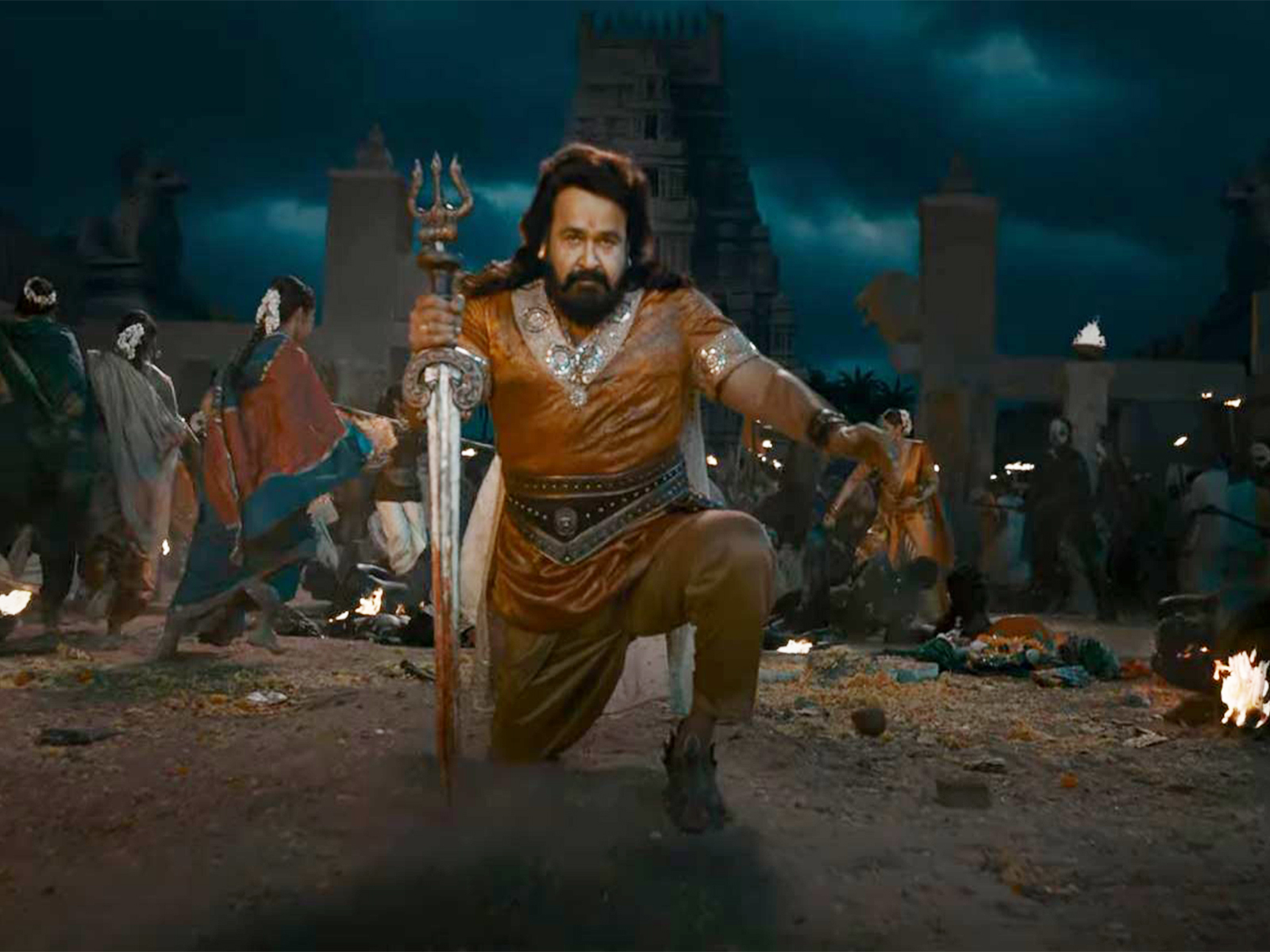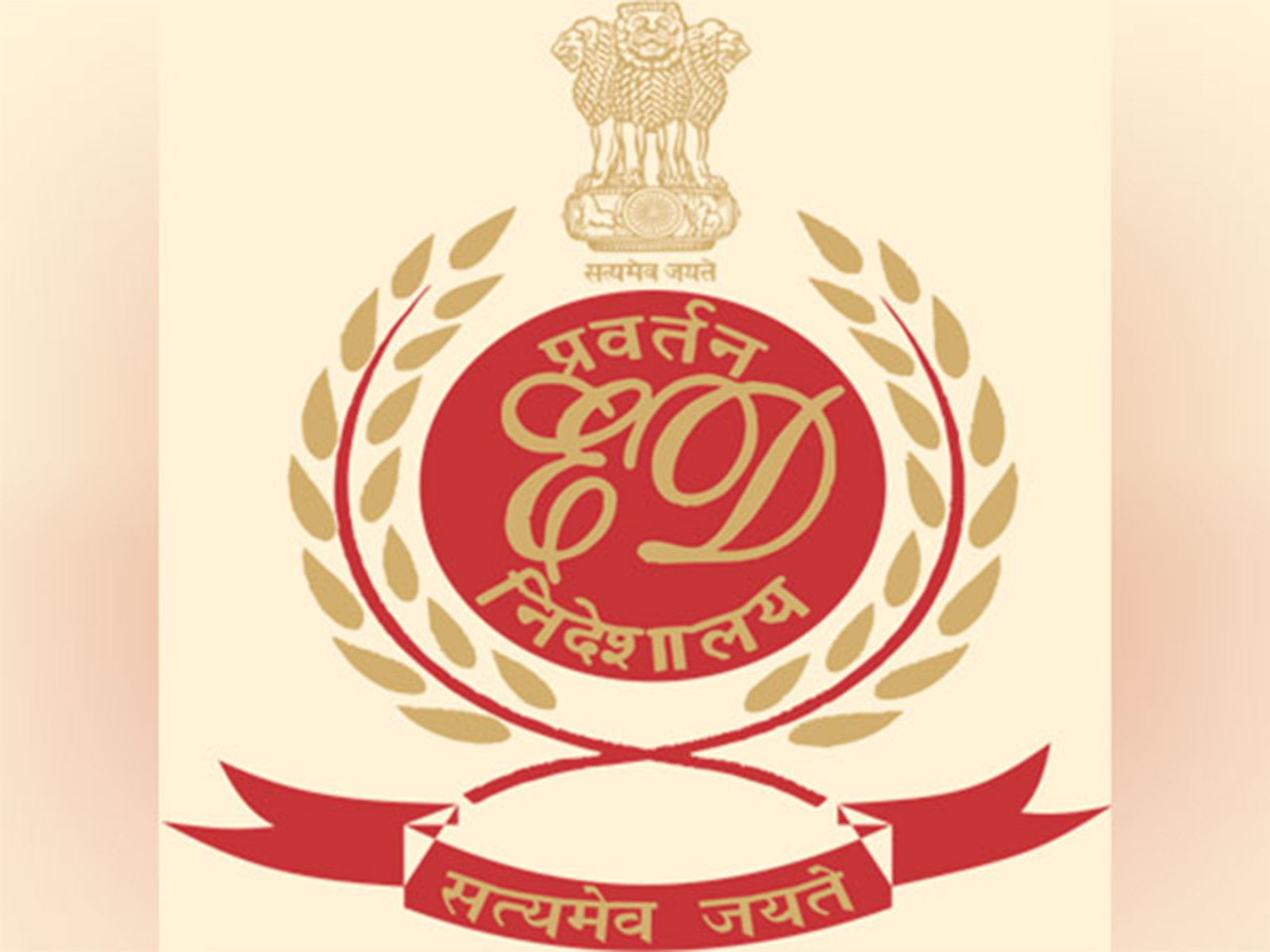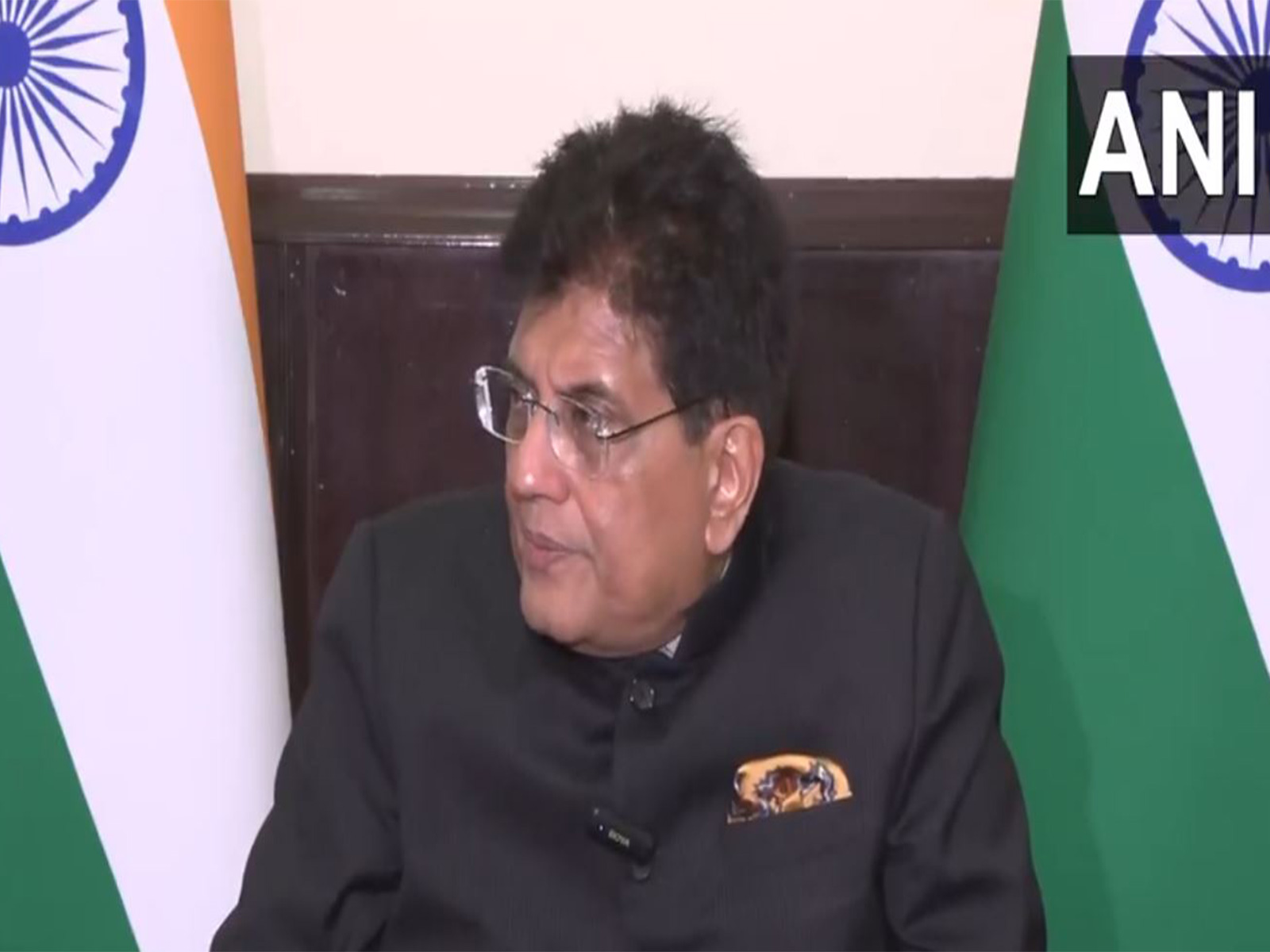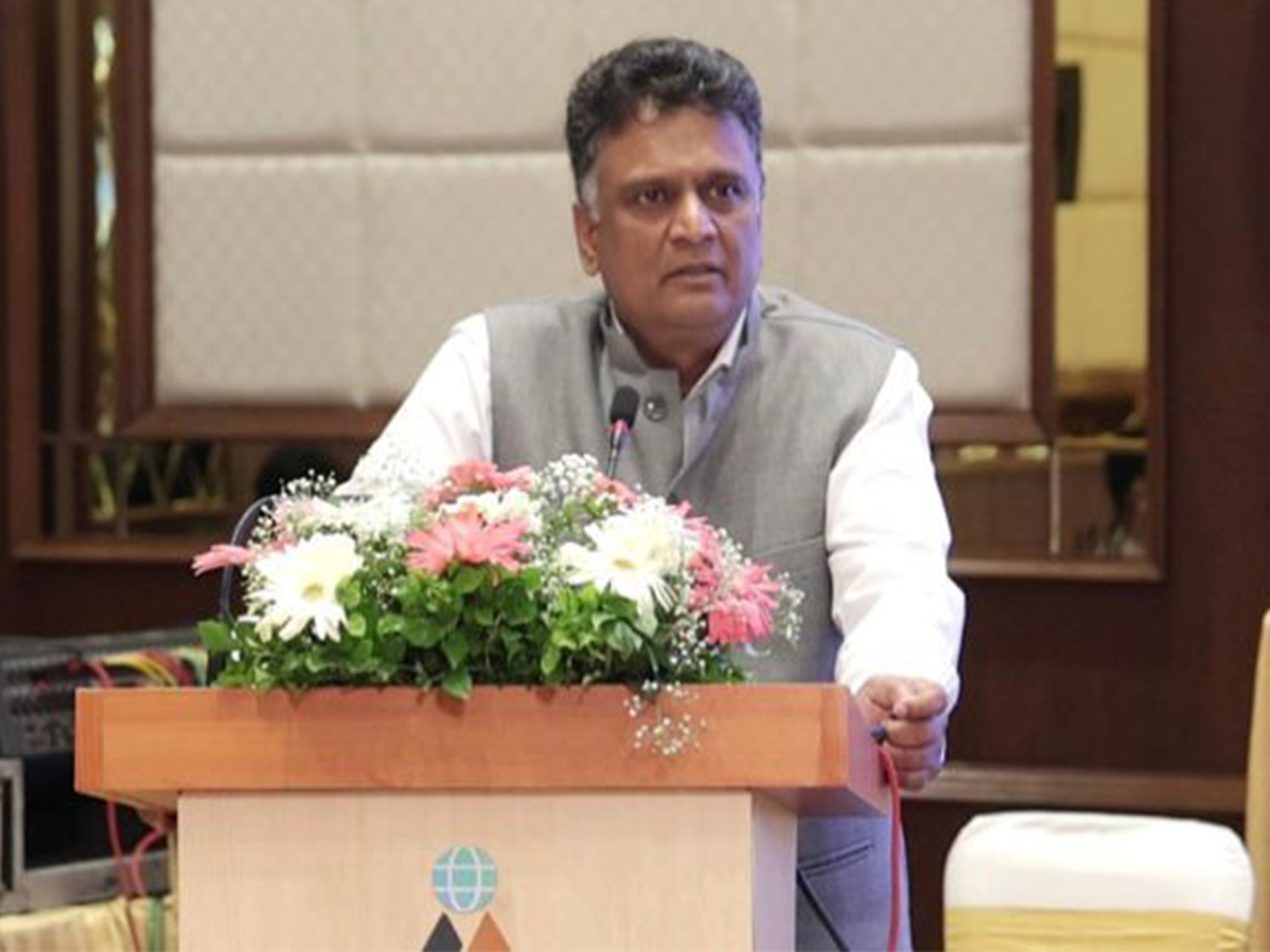
CAG launches NMAM 2.0 to strengthen financial management in urban local govt
Sep 18, 2025
New Delhi [India], September 18 : A national workshop on strengthening financial management in Urban Local Governments (ULGs) through the National Municipal Accounts Manual (NMAM) 2.0 was held in the capital on Thursday, bringing together policymakers, auditors, financial experts and urban governance practitioners, as per a press release.
The workshop, organised by the International Centre for Audit of Local Governance (iCAL) of the Comptroller and Auditor General (CAG) of India in collaboration with Janaagraha Centre for Citizenship and Democracy (JCCD), marked the beginning of a major push to update municipal financial systems across the country.
Presiding over the event, CAG of India K Sanjay Murthy stressed the critical role of cities in the nation's growth. He said, "Fifteen cities contribute 30 per cent of the GDP of India. India's economic progress is increasingly tied to urbanisation. Urban areas, though home to one-third of the population, contribute over two-thirds of the country's GDP, expected to rise to 75 per cent by 2030. However, if we are to reap the full economic potential of urbanisation and achieve Viksit Bharat by 2047, we need to address the inadequate and poor quality of urban infrastructure and services."
The workshop drew more than 50 participants, including senior officials from the CAG, Ministry of Housing and Urban Affairs, the 16th Finance Commission, the World Bank, Principal Accountant Generals, municipal finance officers and public finance experts. The discussions focused on the revision of the NMAM, first introduced in 2004, to match the demands of rapid urbanisation and the increasing financial needs of cities.
India has nearly 5,000 ULGs, serving about 35 per cent of the population, a share expected to rise to 41 per cent by 2031. These bodies manage resources worth around INR 5.5 to 6 lakh crore and play a key role in providing essential services. Yet, challenges of sanitation, water supply, flooding and transport continue to strain urban areas. The World Bank has estimated that India's cities require an annual investment of $840 billion until 2036 to meet infrastructure needs.
Speaking at the workshop, Srikanth Viswanathan, CEO of Janaagraha, said, "Reforms to public finance management in India's cities is a key enabler of ease of living and ease of doing business. At its heart is timely, credible, standardised financial and performance reporting. While the cityfinance website has achieved historic success in publishing audited annual accounts of over 4,000 cities, much more needs to be done for data-driven decision making."
With more than 95 per cent of ULGs now publishing audited statements, availability of data is no longer the main issue, but concerns about timeliness, quality and reliability remain. Experts at the workshop highlighted that financial reporting often prioritises form over function, and budgeting systems are weaker, affecting evidence-based planning.
The launch of NMAM 2.0 is seen as an important step to bring in digital-first, standardised accounting for all cities. Discussions underlined that success would depend on translating reforms from manuals into practice, with state-level engagement and local ownership.
CAG K. Sanjay Murthy urged participants to approach the exercise with honesty and practicality. He emphasised diagnosing systemic challenges, framing ambitious yet realistic solutions, and defining a clear roadmap for swift adoption and implementation.
